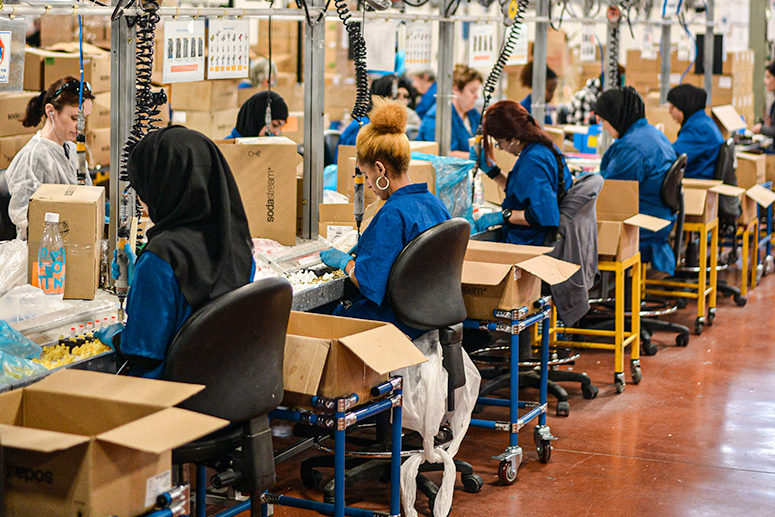
Want to work in a fast-paced work environment? The idea of getting a job as an assembler can be very appealing. Assembly workers help keep a production line moving by connecting various parts and pieces of the final product, which can be very gratifying work for those who like to see the physical results of their efforts.
To be a successful assembler, you need certain core competencies. Here are five skills every assembler needs to possess.
1. Attention to Detail
When assembling pieces, you need to make sure everything is put together correctly. Small errors in the construction of the final product can lead to serious issues down the line or may lead the item to fail to function properly.
Assemblers need to be detail oriented to make sure that everything comes together as it should, so this skill is often considered a necessity.
2. Manual Dexterity
Assembly work is generally a manual process. You may be putting pieces together by hand or using a variety of hand tools, so manual dexterity is a must. Fine motor control and strong hand-eye coordination are also helpful, as they make adapting to the physical components of the job easier.
3. Focus
Typically, a production facility is quick paced. Since attention to detail is so important, and you have to keep up with the speed of the line, being able to maintain focus for extended periods is critical. This will help you get your tasks done in a timely fashion, which keeps the line moving, and ensures everything is put together properly – even when you are moving quickly.
4. Teamwork
Most production lines aren’t one-man shows; they require a team of skilled workers to get the job done. As an assembler, you’re going to be a part of a larger team, and knowing how to work well with others will help you progress in your career. Often, this includes being willing and able to do your part, as well as wanting to help others when the need arises.
5. Self Motivation
While assemblers are often expected to meet certain performance metrics, such as completing a specific number of pieces during a shift, it’s unlikely someone is going to be standing over your shoulder to keep you on task. This means you need to be a self-motivated individual who can monitor their own performance and make adjustments as required.
Yes, failing to meet the production standards during a shift will be noticed, so it’s not that you won’t receive direction. However, keeping yourself on target may largely fall on your shoulders, so being self motivated is an important trait.
